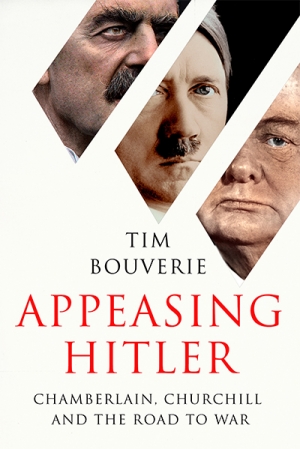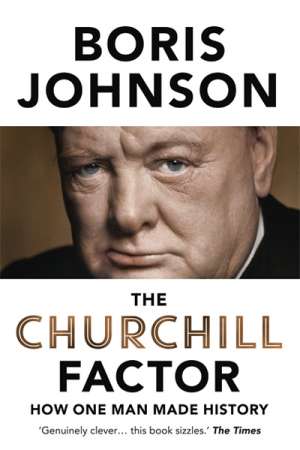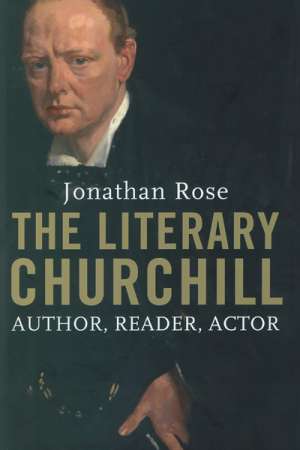Winston Churchill
Glyn Davis reviews 'Appeasing Hitler: Chamberlain, Churchill and the road to war' by Tim Bouverie
Speechless, Adolf Hitler sat glowering at Foreign Minister Joachim von Ribbentrop. Since 1933 the führer had gambled repeatedly that France and Britain would capitulate to his latest demands. Now he tried again, reassured by Ribbentrop (no aristocrat, a vain man who had purchased his title) that the feckless Allies would not intervene if ...
... (read more)Had it not been for the leadership of Winston Churchill in 1940, Nazi Germany would in all probability have won World War II. The most enthusiastic revisionist historian would grudgingly accept this proposition.
As this highly readable account by London Mayor Boris Johnson shows, 1940 was the high point of a career that extended from the 1890s to the 1960s. ...
On the rear jacket of this fascinating and important book is a picture of Winston Churchill at his desk at Chartwell, his house in Kent, just a few months before the outbreak of World War II. Apparently caught in the moment of literary creation, cigar in mouth and concentrating on his papers, the photo credit – to a Picture Post photographer – leads to the obvious suspicion that this was actually a staged shot. For Churchill, his country home was not merely a place of repose but a writing factory, the output of which would earn him the large sums of money necessary for its upkeep. At the same time, his image as a man of letters served to advertise the product as well as to suggest the existence of a non-political ‘hinterland’ of the kind appropriate to a statesman of fertile brain and broad views.
... (read more)Joel Deane reviews 'The Art of Great Speeches and Why We Remember Them' by Dennis Glover
At a time when our discourse has become so sharply polarized – at a time when we are far too eager to lay the blame for all that ails the world at the feet of those who happen to think differently than we do – it’s important for us to pause for a moment and make sure that we’re talking with each other in a way that heals, not in a way that wounds ...
... (read more)


